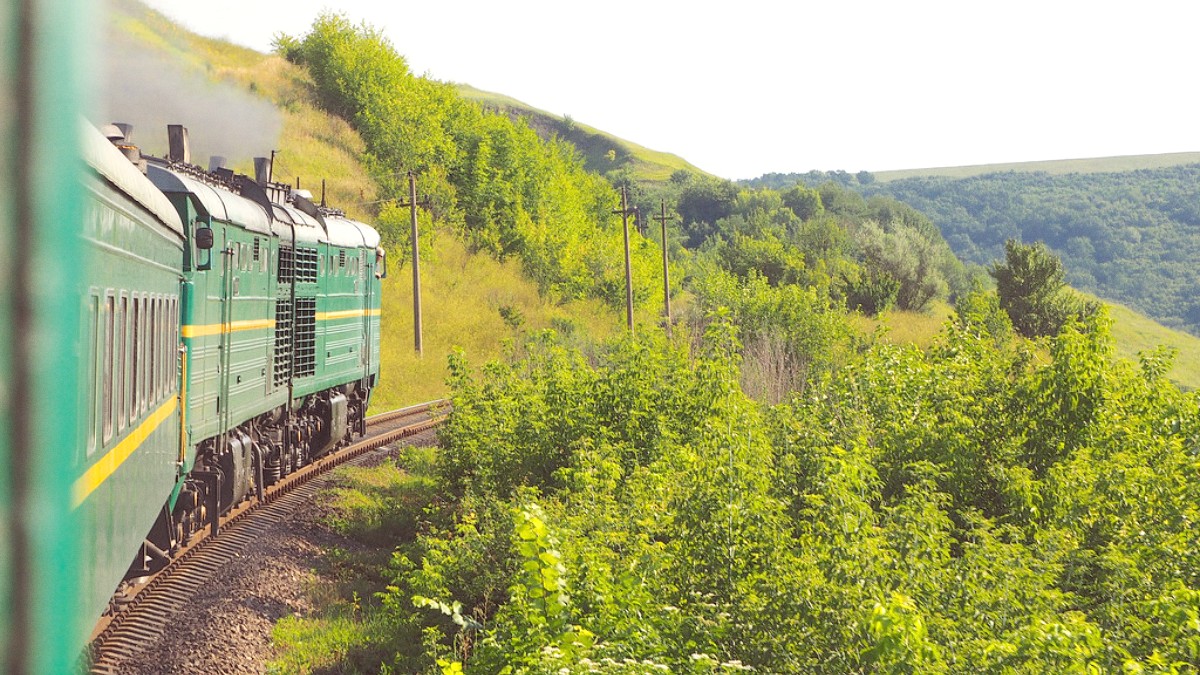
Moldova
These shoulder seasons present mild to cool temperatures, with possibilities of rain. Pack versatile layers. Include long-sleeved shirts, sweaters or fleeces, and a light jacket. A waterproof and windproof outer layer, like a rain jacket, comes advisable for unexpected showers. A lightweight rain jacket (e.g., Columbia Watertight Jacket) is suitable.
Summer brings hot and often humid conditions. Pack lightweight, breathable fabrics like cotton or linen: t-shirts, shorts, skirts, and light dresses. Consider light long-sleeved shirts for sun protection midday. A wide-brimmed hat and sunglasses are important. Winter is cold with common snowfall. A warm winter coat (waterproof if snow is likely), thermal layers (base layers), heavy sweaters or fleeces, warm trousers are needed.
Comfortable, sturdy walking shoes or sneakers are best. You navigate sidewalks, some uneven surfaces, and historical sites. You spend much time on your feet.
Waterproof shoes or boots come advisable during spring and autumn (for rain) and winter (for snow and slush).
Breathable sandals or light sneakers work well. Generally, casual attire is acceptable for daily wear in Transnistria.
Keeping your documents organized and secure safeguards you during your trip.
Transnistria uses Type F (Schuko) or Type C electrical outlets, common in most of Europe. The voltage is 230V with a frequency of 50Hz. A universal travel adapter (e.g., Ceptics Universal Travel Adapter) comes recommended if your devices use different plug types. Most modern electronics are dual-voltage, but always check device labels ('Input: 100-240V, 50/60Hz').
Transnistria uses GSM networks. A local SIM card from Interdnestrcom (IDC) may be available, but the process complicates for foreigners, sometimes needing much paperwork or local assistance. A Moldovan SIM card will likely not work, as IDC is a separate network.
Use cloud services (e.g., Google Photos, Dropbox) for photo and document backup.
An external hard drive provides local data protection.
A money belt or discreet wallet secures cash and important documents. A small padlock adds basic luggage security.
A prepared health kit brings peace of mind and handles minor ailments.
Over-the-counter medications for cold, flu, indigestion, motion sickness. Insect repellent is useful during warmer months, especially near the Dniester River or in rural areas. Choose DEET or picaridin; Repel Insect Repellent with Lemon Eucalyptus is natural. High SPF sunscreen, lip balm with SPF, and after-sun lotion are useful, especially summer. Water purification options are not strictly necessary if relying on bottled water. A portable water filter (Sawyer Products Mini) or purification tablets are useful for emergencies or very rural areas where bottled water is scarce. While basic toiletries are available, bring specific brands of shampoo, conditioner, toothpaste, or feminine hygiene products you prefer, as local selection might be limited. Hand sanitizer is always useful.
Transnistria does not generally need much specialized equipment for standard tourism. For general sightseeing, comfortable walking shoes are the main 'gear' needed.
If you plan any light hiking (e.g., around Bender Fortress grounds), a small daypack is useful. Renting specialized equipment like bicycles is not common or reliably available. Bringing personal items you know you need is better.
No specialty items unique to Transnistria experiences are specifically needed. Focus on general travel preparedness. A standard travel camera (smartphone, mirrorless, or DSLR) works well. Discretion when photographing, especially near official buildings, military sites, or border areas. Avoid taking pictures of individuals without their permission.
These items heighten your comfort, security, and general experience. Long marshrutka rides tire you. Consider a Cabeau Evolution S3 travel pillow, an eye mask, and earplugs for rest. A good book or downloaded entertainment keeps you busy during travel or quiet evenings.
A Hydro Flask water bottle reduces plastic waste. Fill it with bottled water. A reusable shopping bag for market purchases or souvenirs. Reusable utensils if eating street food often. High-quality outdoor gear (if needed for other trip parts) or specific electronic accessories (specialized charging cables, obscure batteries) or certain foreign food items or dietary supplements may be difficult or expensive to find locally. Bring these if they are important.
Reduce plastic waste with a reusable bottle.
Carry for markets and souvenirs, avoiding disposable bags.
Charge devices sustainably, away from outlets.
Navigate without data, saving energy.
Pack light. You carry your luggage when using marshrutkas or walking to accommodations. A backpack or small wheeled suitcase that eases management works best.
Beyond digital copies, a few physical photocopies of your passport and migration card in different bags serve well if you need to leave your original passport at a hotel or for unexpected administrative checks.